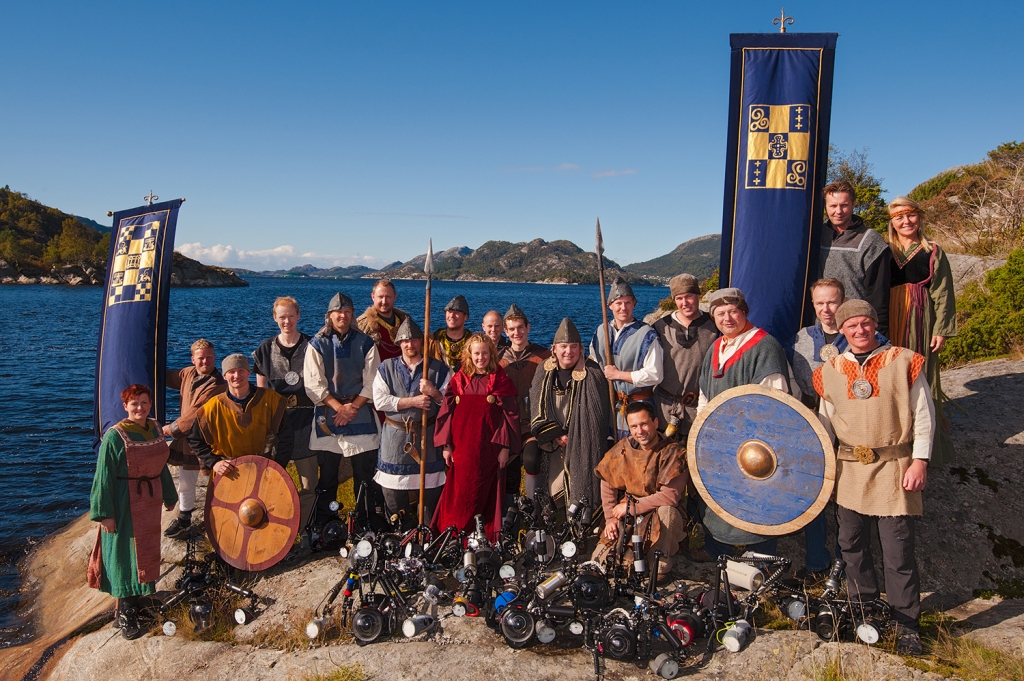Thank you for your interest in my underwater photography workshops. This long page is to give you some insight into how I run my workshops and is worth a read if you haven’t travelled with me yet. I don’t advertise my workshops publicly as I prefer for them to be filled by the sorts of enthusiastic photographers who do some research and seek them out. In fact most people who attend have been recommended them by friends who have enjoyed them. This helps ensure the workshops are filled with people who the workshops are right for, and those people are right for the workshop group. Meaning better trips for all. If you are interested in my workshop trips ask around and find people who have attended them, and listen to what they say.
I have run more than 100 underwater photography group workshops around the world, including almost 30 each both in the Red Sea and Cayman over the last 20 years. What I teach has evolved a huge amount over the years, but the basic philosophy of me working as hard as I can, to give you the best underwater photography experience has remained the same, and is surely the main reason that they are so popular.
DESTINATIONS
Each year I run 10-12 underwater photography workshops at top diving destinations around the world. Most workshops are run at destinations I have visited many times, where I know I can teach a good workshop and the diving is highly suited to photography. I don’t keep visiting these destinations for my own portfolio, but because I know the diving and photography inside out and can really help you get stunning images there. I have two destinations that I visit every year: Cayman Digital Madness and my Red Sea liveaboard workshop, and there are many more that I visit nearly as frequently. Lembeh is my top macro workshop, which I run most years, and there are many more I visit almost as much. Occasionally, I will run a workshop in a location I have not visited before.
I am very choosey about dive operations, locations and timings for all my workshops – underwater photography is challenging enough without missing the best conditions and action, not working with the best guides and not having the best support from operators. So I book boats and resorts very early try and make sure we have all these factors on our side. A workshop destination should be super productive for photography and also have reliable world class subject matter with conditions that allow everyone to have plentiful shooting possibilities. Another important part of the equation is a quality operator, as a well run boat or resort allows us to focus fully on our photography and get the most out of each day.
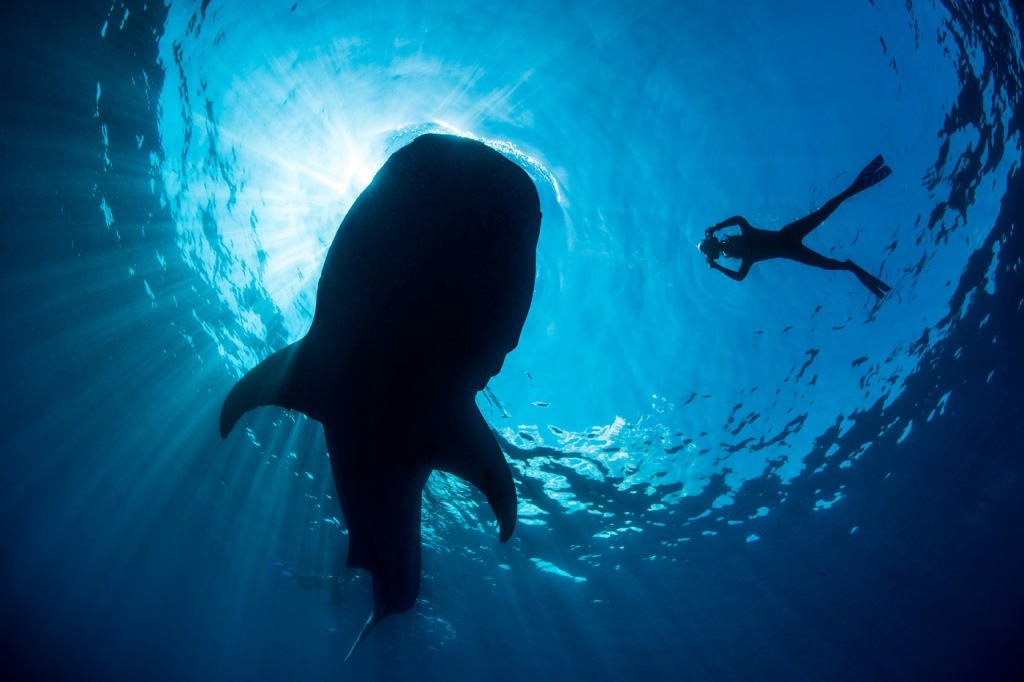
TEACHING
My workshops are not aimed at absolute beginners. I aim to help people who are already shooting, are enthusiastic about their photography and looking to take their photos to the next level. But I think workshops are best when the photographers are from a range of levels. All I ask is that you are enthusiastic about your photography, not condescending to those behind you on the learning curve, and want to improve. There is no minimum equipment requirement and non-photography partners are always welcome to take a place on the workshop. My workshops have always attracted many well known names from the winner’s circle of international underwater photography contests, but you won’t find big egos, just enthusiasts (the egomaniacs prefer to travel alone, so they can make a big fuss, and just don’t sign up to workshops). My workshop trips are typically pretty intensive, we always try and pack as much into the time as possible. Nothing is compulsory, but I like to make the most of every day in the water and out.
I try and make my different workshops as diverse as possible. I am very aware that many people join me on many workshops, so I attempt to vary the teaching focus on each, while not missing out telling you what is important. I am also aware that most people will have devoured my book Underwater Photography Masterclass and my workshops do not simply repeat the content of my book, but I also won’t avoid topics just because they are in the book. On each workshop I always try and share what I feel is most valuable for you to know to produce stunning underwater images. My workshops are always very interactive. I don’t teach from a script, the exact contest of each workshop always varies depending on who is attending, the questions you ask and interests you have. And all of them continue to evolve each time I run them.
Teaching is typical in the form of illustrated talks, pre-dive chats, and group image review sessions. I am always happy to help one to one, but I do not usually teach underwater (apart from pointing you towards good shots, or modelling in your pictures) as it too often results in confused messages.
The key component of all my workshops is the diving, which is focused entirely on photography. I always try and give everyone as much freedom underwater as is possible and try to maximise the amount of time in the water each day. But I do ask the photographers on my trips to respect the marine environment as they shoot. I also try and work as hard as I can to help you and your photography. I am always happy to answer questions, look at images and sort out gear and problems. I have fixed hundreds of underwater camera systems for people down the years to keep them shooting.
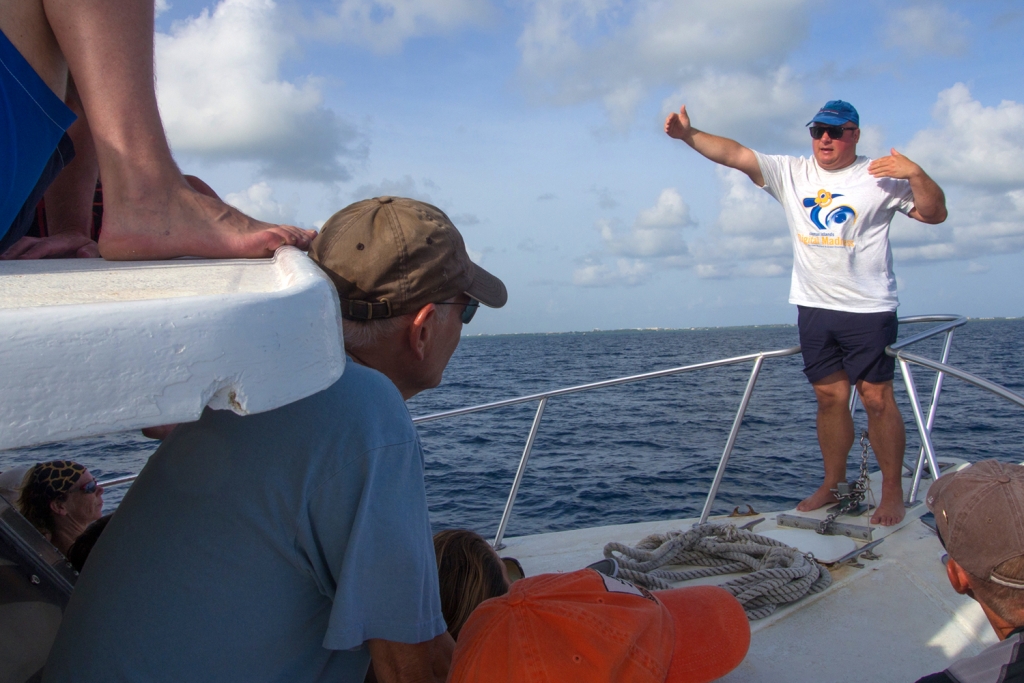
ATMOSPHERE
My workshops make the most of us being a group. Of course this means that we have full control over our dive site choices and schedule, tailoring it entirely for photography. It also means that you have a boat load of buddies who might just have that spare part you forgot, or be on hand to loan a strobe when yours breaks down. Sharing is entirely up to individuals, but if someone is in need I will announce it to the group and people can decide if they want to help out. Most people are very generous, knowing how much they’d appreciate it. The same goes with lending out gear you were thinking of buying.
A fundamental part of my workshop philosophy is that there is NO COMPETITION. I always promote a constructive and sharing atmosphere for everyone’s benefit. And just about everyone comments about how much they learn from others on the trips and I believe that this is a major reason why my trips have many repeat photographers (or maybe I am just not teaching them well enough, so they need to come back!). The less experienced have lots of people to learn from and by explaining techniques, the more experienced really get to understand their photography. People openly share images in review sessions than inspire others, and they in turn get inspired by other people’s shots – and everyone goes home with better images.
Although my workshops are taught in English, I am particularly proud that my workshops bring together underwater photographers from all around the world. All with different aesthetic tastes, different equipment and used to shooting in different conditions. It is a fantastic melting pot for ideas and I don’t believe there are any other events in underwater photography that regularly bring together photographers like this. It is something very special and means I learn new things on every workshop too.
We take our photography seriously, and I believe great images come from working hard. But we don’t take ourselves too seriously. So hopefully you’ll have a good laugh along the way. And of course, I always encourage photographers to enter their best work in contests after the workshops. Over the last 20 years there has rarely been a set of contest results in underwater photography that don’t have images taken on one of my workshops.
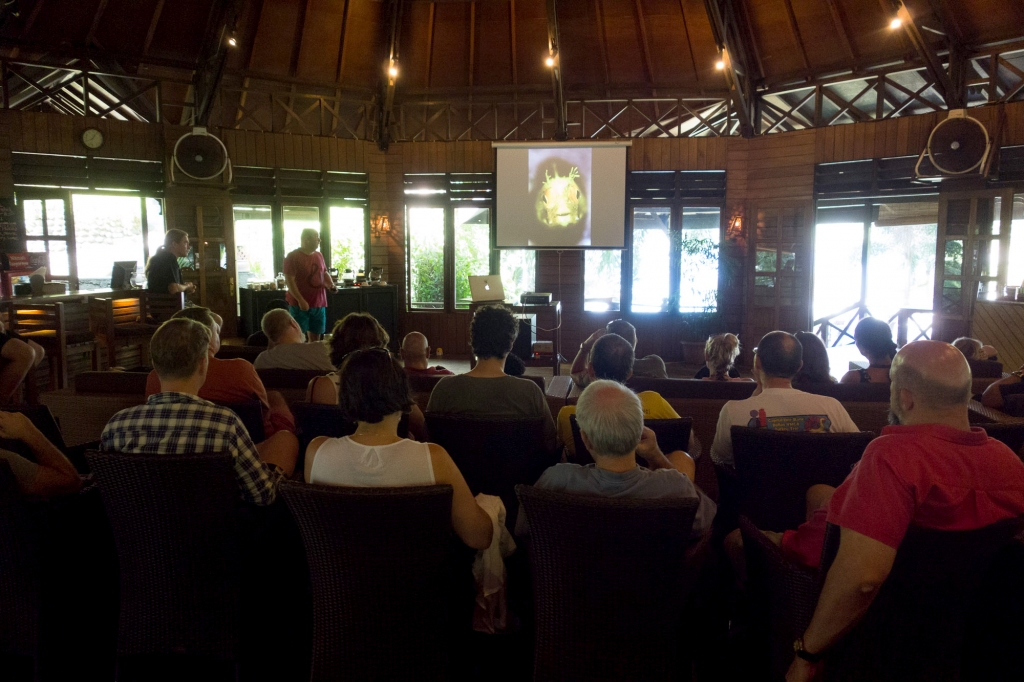
BOOKING
My workshops are very popular, so to make it fair I announce my trips in an email newsletter – sent out by MailChimp. It goes to everyone simultaneously. I usually send it out around lunchtime UK time (often on a Tuesday, when I am not travelling on a workshop and are at home) – which seems about the fairest time globally, with most people awake! The newsletter will then direct you to a page on this website where I will have just posted the full trip details and booking details. Places are offered in the order the agent receives emails expressing interest (only after the trip is officially announced). My workshops typically fill up very quickly, however cancellations do happen and if you really want to make a trip get in touch as spaces inevitably come up. Since most of my workshops are fully booked they only time you will see me advertising spaces publicly is when we get late cancellations.
I try and put future plans on my website, to help you plan. You can ask for information about these trips before they open for bookings, but you cannot get in the queue for a spot until after the Newsletter goes out officially opening the trip.
Please note that I am not a travel agent, so my workshops are organised and booked by a travel agent (most often Scuba Travel, UK) or sometimes direct with the operation. I never take your payments myself and only get paid by the travel agent after the workshop has run successfully. This also means that different trips have different contacts for bookings and price for the trip is given in the currency that they work in. Being from the UK many of my trips are priced in GBP, but Scuba Travel are very used to taking payments from all over the world.
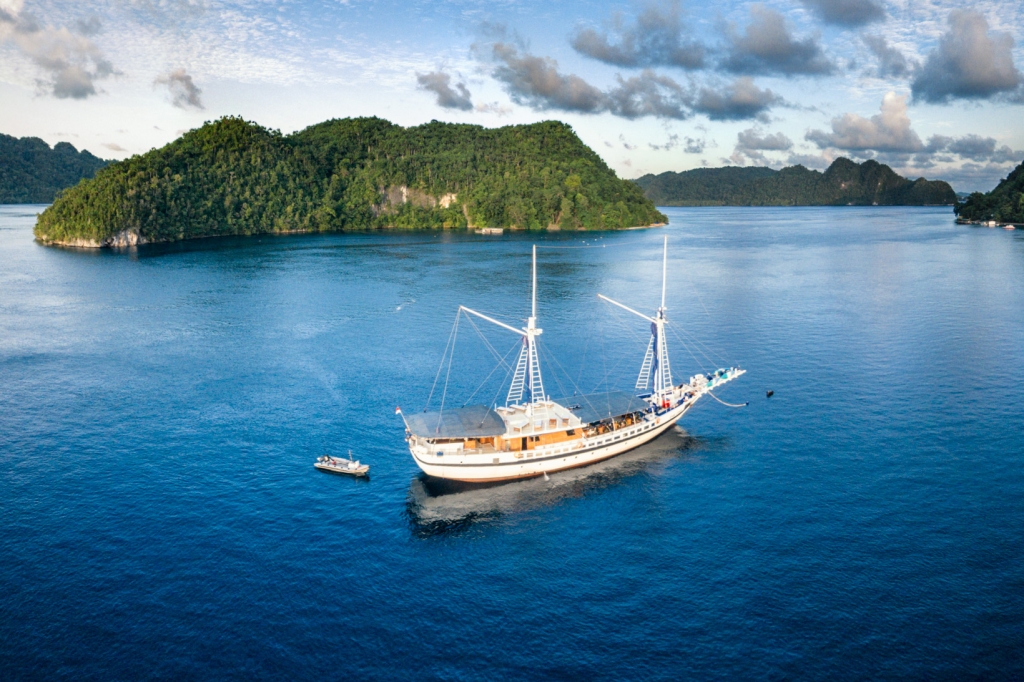
WHERE TO START
I am regularly asked which workshop to do first. It is not that critical, but my annual Red Sea and Cayman workshops make the most sense. The Grand Cayman workshop has a focus on wide angle from the perspective of controlling light and building wide angle shots. There is excellent subject matter too, with walls, caverns, Kittiwake wreck, stingrays, macro and much more. This really gets people on the right track with their techniques. Many European based photographers start with me on the Red Sea workshops. Here, the teaching is more defined by the subject matter: wrecks, reefs and schools. And again is focused on wide angle and gives a great introduction into the approach required for outstanding images.
The more exotic workshops tend to be focused more on polishing your skills, rather than rebooting the fundamentals of your technique. So if you are relatively new, it makes sense to start with the annual trips, but established shooter may want to drop straight into these more far-flung trips.
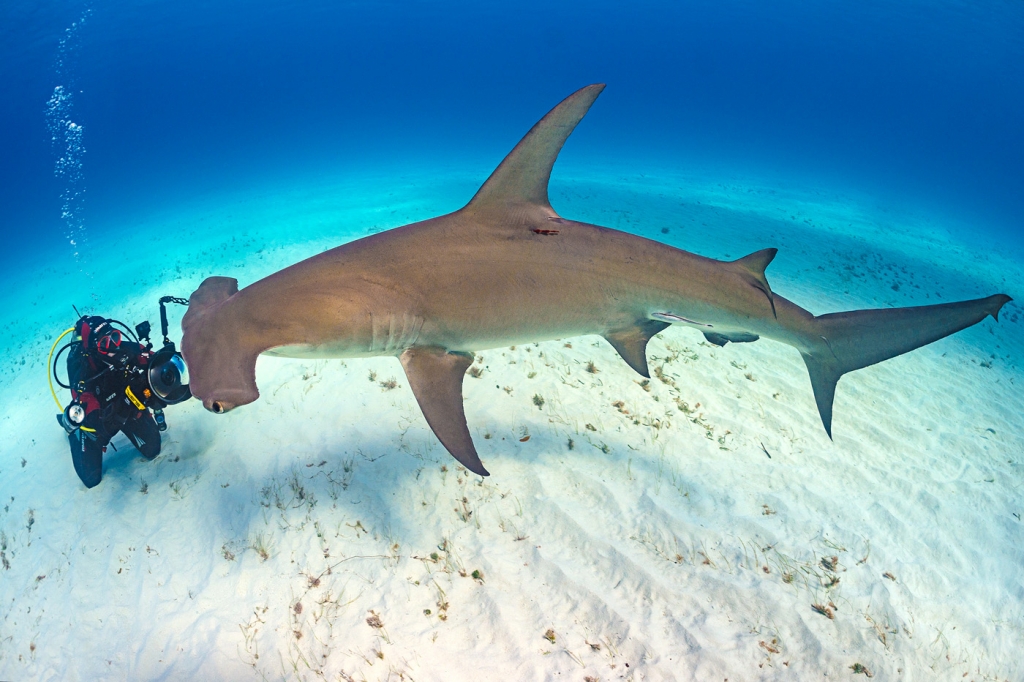
END OF WEEK SHOWS
My workshops usually finish with an end of week show, this is a private show of the trip that people can take home as a movie slideshow. Below is an edited short versions of one those slideshows and set to royalty free music to give you a flavour of these events and images that the groups produce.
